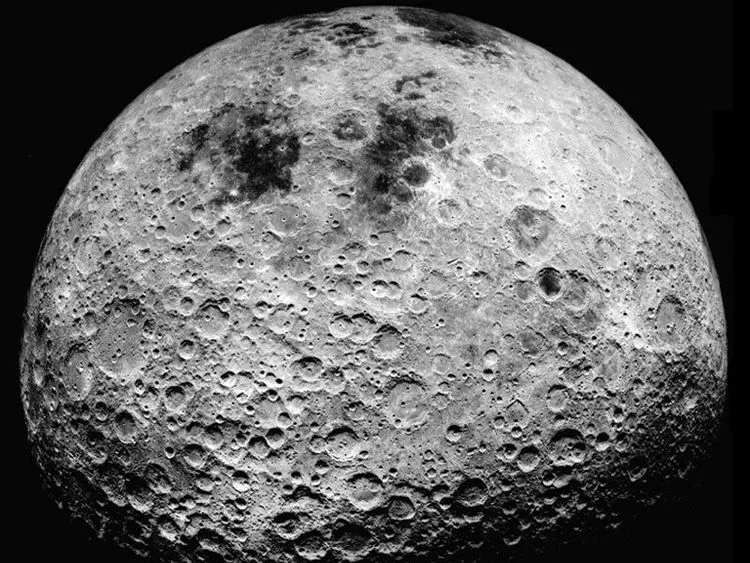
(Source)
Whenever the general public talks about space exploration these days, the fixation is on Mars. Mars is the desired gem, supposedly just out of reach. We feel that we are almost there. But in reality, many scientists feel that that is not the case. Elon Musk's ambitious revelation of his plans to build a colony on Mars over the next few decades is just that: ambitious. While dreams and great ambitions certainly have their place, there is also something to be said for realism. And many scientists feel that Musk's plan, or even Congress' newly approved plan for funding NASA efforts to reach Mars, are just not realistic.
There are many who propose to shoot for a colonization of the Moon first, and to then work our way outwards. However, both sides make strong arguments. Proponents for the Moon say that it is cheaper, could be done with existing technology, and would allow us to build an applied knowledge base off of which to build a plan for Mars. Those who advocate for Mars argue that the Moon would be useless to mankind as it has little to no natural resources, and is ultimately a dead planetary body.
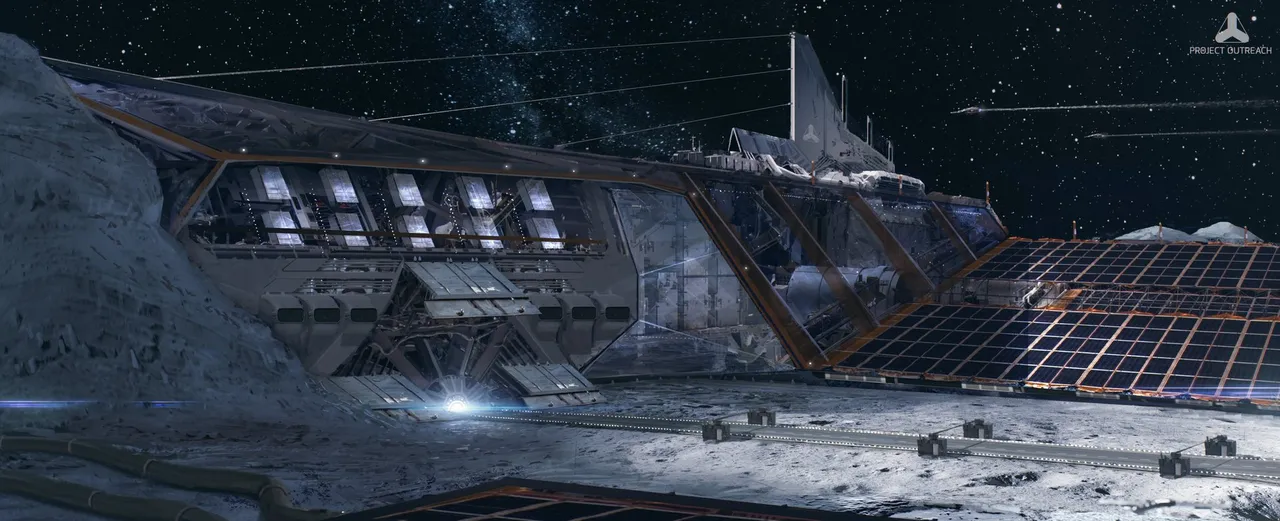
What A Lunar Base Might Look Like - (Source)
Over the next two days, I am going to write an article showcasing the argument for the Moon, and an article showcasing the argument for Mars. So without further ado, the argument for the Moon.
Overall Arguments
Cost-
The cost for sending a manned and permanent mission to Mars is hard to estimate.
A mission to create a permanent Lunar base has been estimated to cost somewhere around $10 billion. Considering that NASA has an annual budget of approximately $19 billion, that is entirely feasible (granted, only 3-4 billion of those dollars are actually for flight operations, but still).Distance-
This particular line of thinking is hard to argue with. Since the Moon is not in a circular orbit around Earth, the distance between the two fluctuates. However, on average the Moon is approximately 250,000 miles away. On the other hand, Mars is an average of about 225,000,000 miles away. Should something go wrong, it would be significantly easier to send material reinforcements, or even a rescue mission, to the Moon.Technology-
We have all the technology we need to at least reach the Moon with a manned mission. We've had that since the Apollo missions. As of right now, it's incredibly difficult to even send a rover to Mars.The potential for a Lunar refueling station-
Landing a colony on the Moon would be an essential stepping stone for creating a refueling station for missions that want to reach further into the solar system. One of the greatest current barriers to space exploration is the fact that a spaceship can only carry so much fuel. Building a refueling station on the moon could lead to deeper exploration, and could further serve as a stepping stone to Mars.
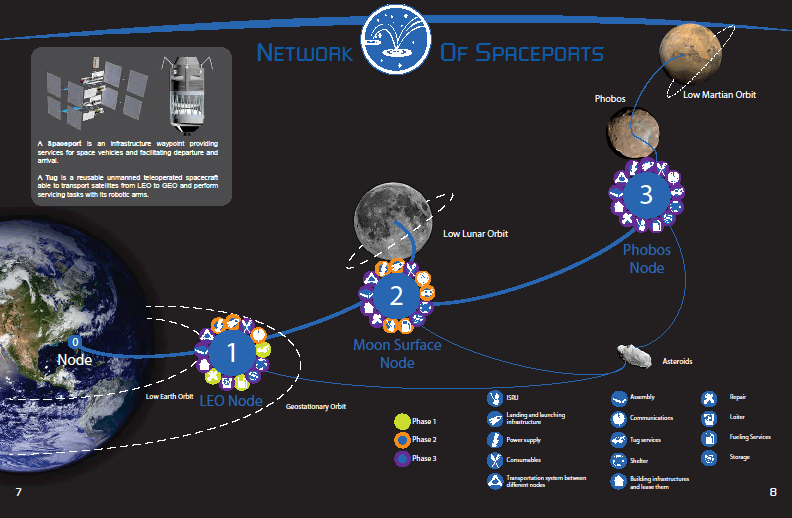
Project OASIS, a proposed network of refueling stations - (Source)Winning Future Funding -
Something that NASA, and space programs worldwide, have been missing for the last 30 years or so is a spark in the public imagination. While I feel it is growing, the public desire to reach space is nothing like it was during the golden age of the 60's and 70's. Putting a colony on the moon could put space exploration back on the public radar, and help to win funding for later programs. Further, it would give private space companies (like SpaceX and Blue Origin) the ability to start marketing space flight to individuals, creating further funding and public interest. Even Elon Musk, who is known for his ambitious, and at times hyperbolic, visions of space travel admits that a colony on Mars would take a bare minimum of 40 years to set up.We don't know what we don't know-
All of our manned missions to the Moon were in the 1960's and 1970's. We haven't even sent a rover to the Moon in 40 years. With the amount that technology has improved since then, we have no idea what we still don't know about the Moon. With the significantly lower cost of reaching the Moon as opposed to Mars, it seems self-evident that going to the Moon first might yield enormous scientific discoveries that could make it far easier to attempt any other kind of colonization.
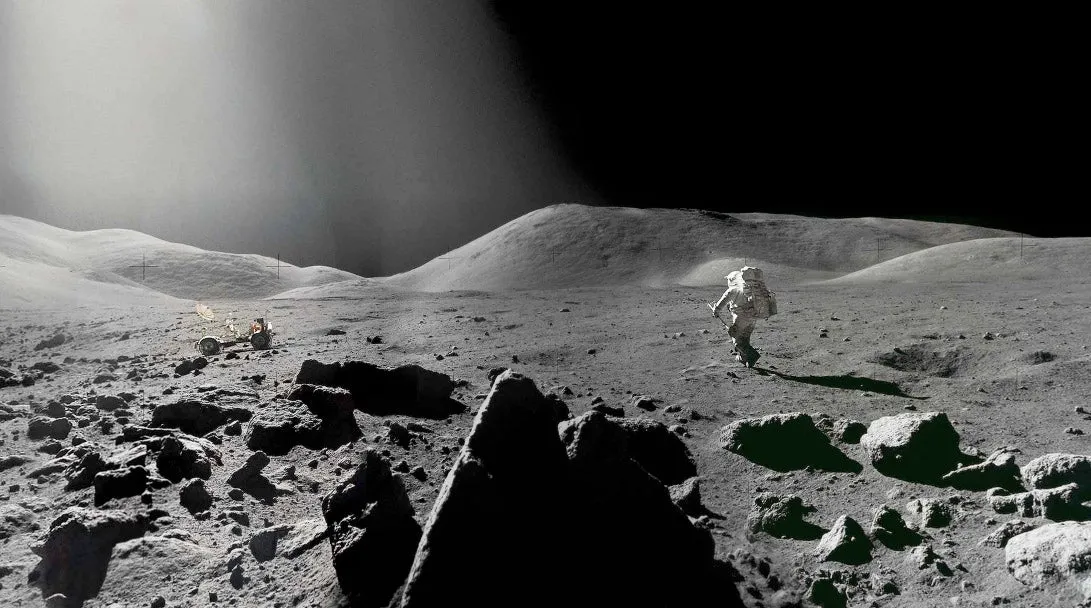
Apollo 17, the last manned lunar mission - (Source)
Conclusion
I just threw a lot of reasons at you. From cost, to distance, to current technology levels, to a general lack of preparedness, colonizing Mars may just be too ambitious to attempt right now. Colonizing the Moon, on the other hand, could a yield a plethora of advances to aid us in reaching further into the solar system. It is significantly cheaper, closer, and eminently more attainable.
It is true that the Moon perhaps does not spark as much public fervor as Mars in the short term. However, imagine this.
First Successful Extraterrestrial Colony
That is the headline that could be seen on newspapers and blogs worldwide. If that does not create public, and ultimately governmental, support for space exploration, I don't know what will.
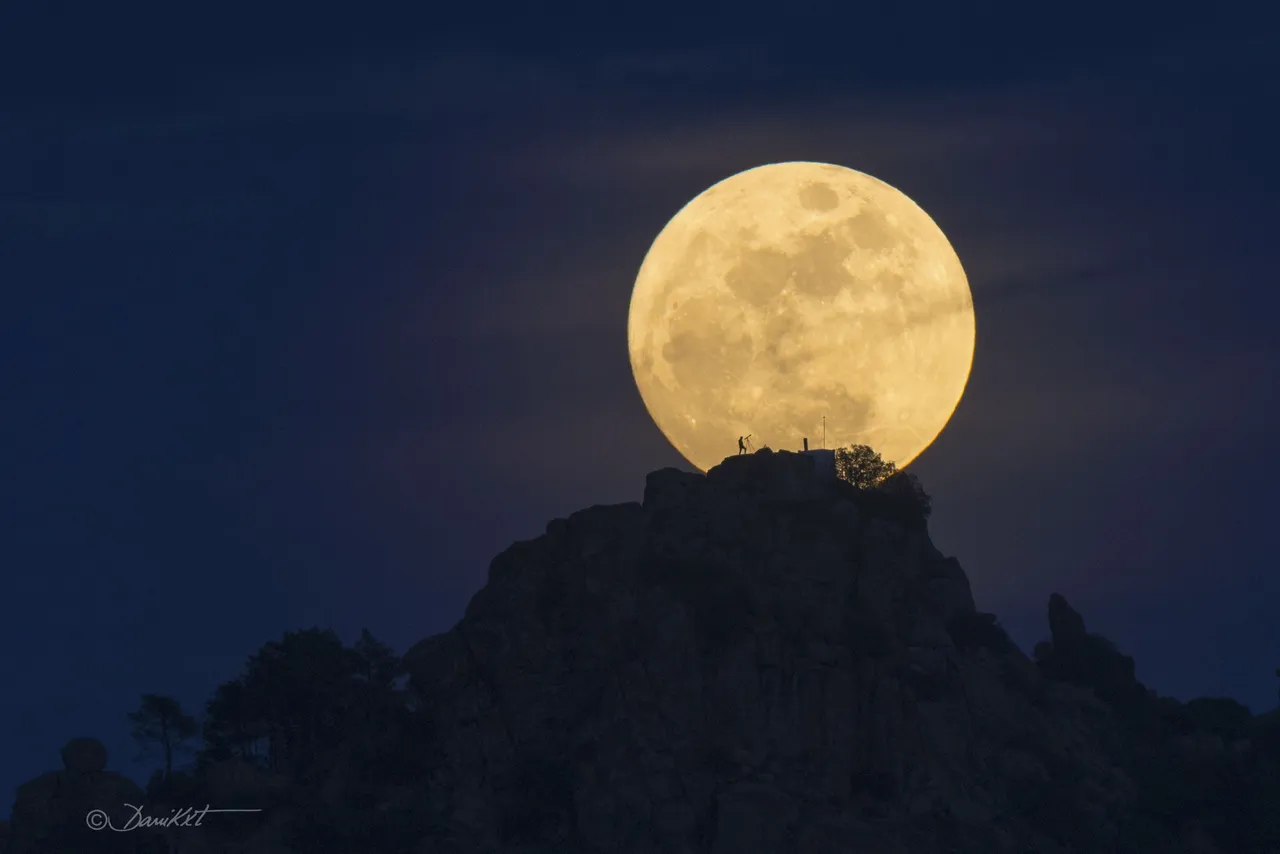
Who said the Moon couldn't be exciting? - (Source)
Sources
- http://www.sciencealert.com/nasa-scientists-say-we-could-colonise-the-moon-by-2022-for-just-10-billion
- http://online.liebertpub.com/toc/space/4/1
- http://www.popsci.com/we-could-be-living-on-moon-in-10-years-or-less#page-2
- http://www.blastr.com/2016-3-9/moon-vs-mars-why-nasa-should-set-its-sights-manned-lunar-mission-next
- http://www.nasa.gov/offices/education/centers/kennedy/home/OASIS.html